Surely, sometimes it is reversed, but when things are not right with one’s adult children, it too often, is more of a profound, life-changing disappointment to the elder generation.
Life throws us sucker punches for sure. But, could it be that there is nothing is more painful than being estranged from an adult child?
After thirty years, as a psychologist and family counselor, teaching people in some kind of crisis or crossroad, how to love each other better, I think this might be true.
If your relationship with one of your kids is fractured… and you truly want it to become better, consider the advice of experts:
1. Do not try to revise their recollection of the past.
2. Express your personal regrets.
3. Listen, listen, listen to what they have to say.
4. Ask questions.
5. Do not allow them to abuse you emotionally, physically or financially.
6.Remember: healing is a process which takes time and that professional counseling can help with the practical and emotional challenges surrounding the experience.
There are times, however, when things disintegrate into what seems to be a beyond-repair relationship. That’s how “Judy” described where she was with her so-called “ex-daughter”.
”I have divorced my daughter,” Judy said. “I have let go of all expectations and feel peace in my heart by finally accepting my daughter does not love or like me.
“It took me a long time to understand that I did not have to accept an abusive spouse. Why should I have to accept an abusive child? Why shouldn’t I be able to divorce her, as well?
“My action is drastic… you probably don’t approve…
“But I am glad to be finally free of a daughter and from the anger. I tried and therefore do not look at this as a failure. Sometimes, sad to say, it is just impossible.”
“Judy” is right in her assumptions about me.: I do hope that some day it will be different for her and her daughter.
With that said, I directed her to author Linda Herman’s article in Forbes magazine:
THE BILL OF RIGHTS FOR PARENTS
- The Right to Be Free from Abuse: Some parents find themselves the victims of abuse by their children, physical as well as verbal or psychological.
- Abuse is never acceptable. If you find yourself in an abusive situation, set limits with your child. End abusive phone contacts, refuse to give time, money, or advice until you are treated appropriately and don’t meet with the child alone.
- The Right to Be Guilt-Free: Parents feel accountable for what happens in their families. But when best intentions produce less-than-ideal results, guilt can easily creep in.
- The Right to Peace of Mind: Most parents expect that, at some point, living without their children will result in increased freedom and peace of mind. But some parents discover their lives become increasingly strained when children leave home.
- The Right to Have Reasonable Expectations: What constitutes a reasonable expectation for an adult child? Some basic behaviors can and should be universally expected.
- The Right to Be Imperfect: Sometimes being a “good enough” parent is sufficient. A “good enough” parentrecognizes his or her own strengths and limitations and, on balance, is comfortable about doing an adequate job.
- The Right to Decide to What to Do with Your Own Money: Give financially to your children if you choose, but remember that doing so is a gift, not an obligation.
- The Right of Selective Association: It is each parent’s right to decide with whom he or she will associate. Most adult children recognize this and do not interfere with their parent’s choice of friends, business associates andromantic partners. However, this is a right that is not always honored.
- The Right to Retirement: Some parents who are compelled to defer plans for their retirement have adult children who’ve been struggling financially or emotionally for year.
THE TAKE-AWAY:
Before you can take care of others, including your children, you have to take care of yourself… and even they are more likely to respect you for it.
Email Dr. Linda









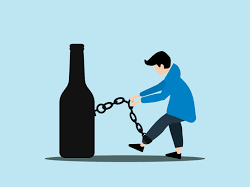





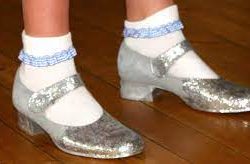


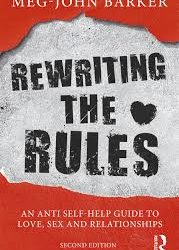
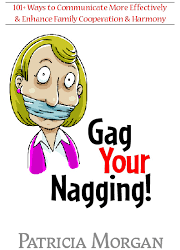







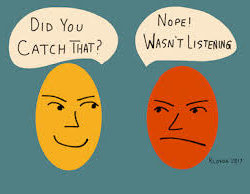

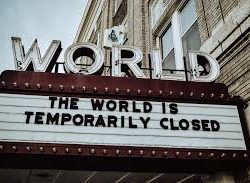

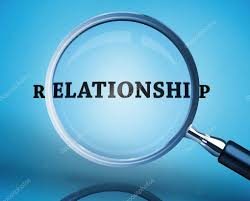







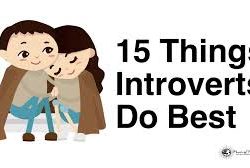

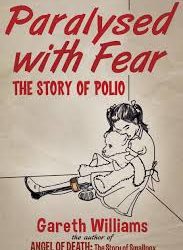









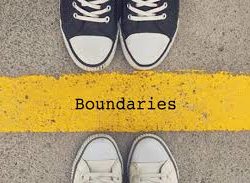














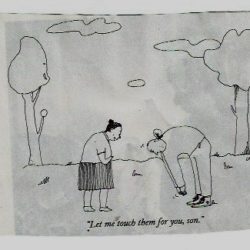






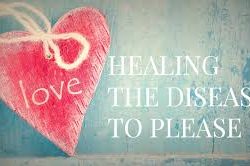













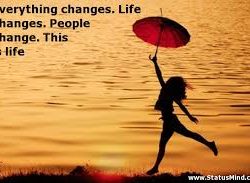





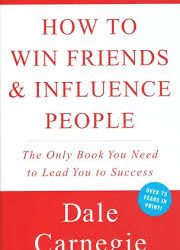


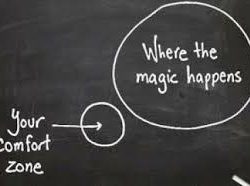
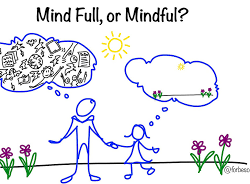

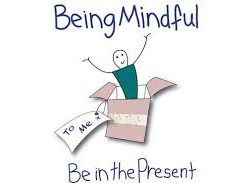
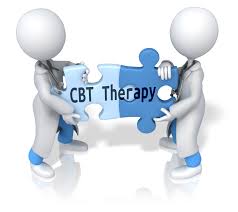
















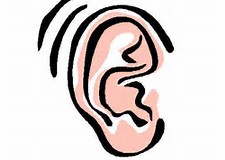


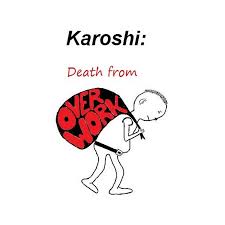





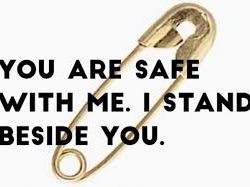





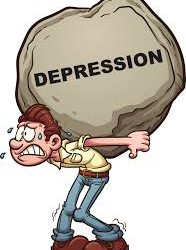






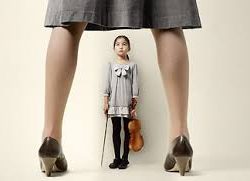










{ 0 comments… add one now }